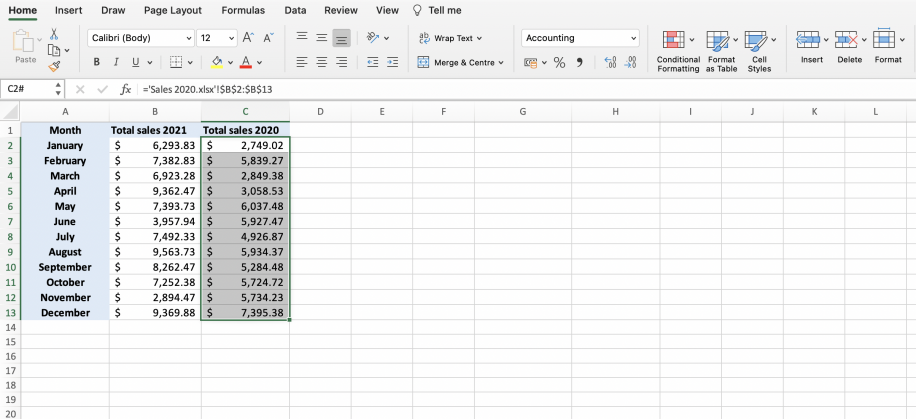3 Ways to Reference Excel Sheets in Formulas

When working with Microsoft Excel, one of the most powerful features is the ability to use formulas that can interact with multiple sheets within the same workbook or even different workbooks. This interconnectivity allows for dynamic and complex data management and analysis. In this post, we will explore three key methods to reference Excel sheets in formulas:
1. Direct Sheet Reference

Direct sheet referencing is perhaps the most straightforward method where you explicitly mention the sheet name within the formula.
- Formula: =SheetName!CellReference
Here, SheetName is the name of the sheet you want to reference, and CellReference is the specific cell or range of cells you need to pull data from. For example:
=Sheet2!A1
📌 Note: If your sheet name contains spaces, enclose it in single quotes like this: 'Sheet Name'!A1
2. Using the INDIRECT Function

The INDIRECT function is incredibly useful when you need to change references dynamically or when sheet names are part of a cell’s data. This function converts text strings into references.
- Formula: =INDIRECT(“‘SheetName’!” & CellReference)
Here, SheetName can either be hardcoded or come from another cell. For example, if A1 contains the text “Sheet2” and B1 contains “A1”, your formula could look like this:
=INDIRECT("'" & A1 & "'!" & B1)
📌 Note: Be cautious with INDIRECT as it can slow down calculations, especially with large datasets since Excel doesn't recalculate these references until recalculation is triggered.
3. Using 3D References

3D references in Excel allow you to reference the same cell or range across multiple sheets in a summary formula. This is particularly useful for consolidating data:
- Formula: =SUM(Sheet1:Sheet3!A1)
This formula sums up the value of cell A1 from Sheet1 to Sheet3. Here are a few important points:
- All sheets must have the same layout for the formula to work correctly.
- 3D references are perfect for summarizing data across identical sheets.
Each of these methods offers different benefits based on your data structure and how you need to reference your sheets:
| Method | Best Used For |
|---|---|
| Direct Sheet Reference | Static references within the same workbook. |
| INDIRECT Function | Dynamic references that change based on cell content or user input. |
| 3D References | Summarizing identical data across multiple sheets. |

By understanding and applying these methods effectively, you can significantly enhance your Excel skills and make your data analysis more robust, flexible, and efficient. Here are some tips to keep in mind:
- Use direct sheet references for simplicity and clarity in your formulas.
- Leverage INDIRECT for flexibility, especially in scenarios where sheet names might change or are user-defined.
- Opt for 3D references when you need to consolidate data in a structured manner across similar sheets.
In your journey with Excel, mastering how to reference sheets in formulas is essential. It allows for seamless interaction between datasets, enabling complex analysis with a click of a button. Whether you're summarizing sales data across multiple regions or dynamically pulling information from various departments, these referencing techniques give you the tools to handle data more effectively.
Can I reference a sheet from another workbook?

+
Yes, you can reference a sheet from another workbook. Use the formula =[WorkbookName]SheetName!CellReference. The workbook must be open for this reference to work correctly.
What happens if the sheet name is changed or deleted?

+
If a sheet name is changed, Excel will update any direct references automatically. However, formulas using INDIRECT will still reference the old name, causing errors. Deleted sheets will break all references, leading to errors in your formulas.
Is there a limit to how many sheets I can reference in a 3D formula?

+
There is no set limit on the number of sheets you can reference with 3D references, but performance can degrade significantly with very large numbers of sheets or complex calculations.